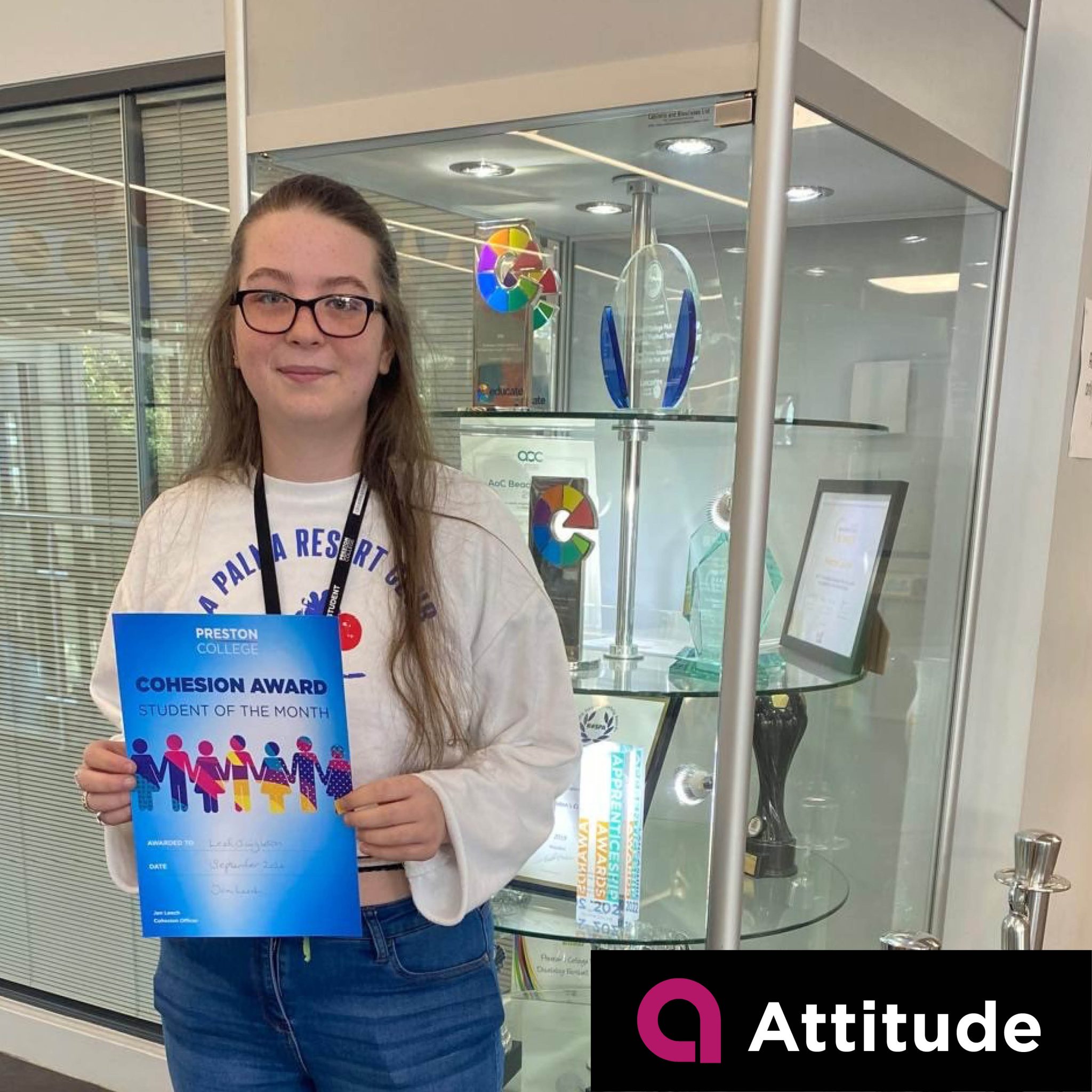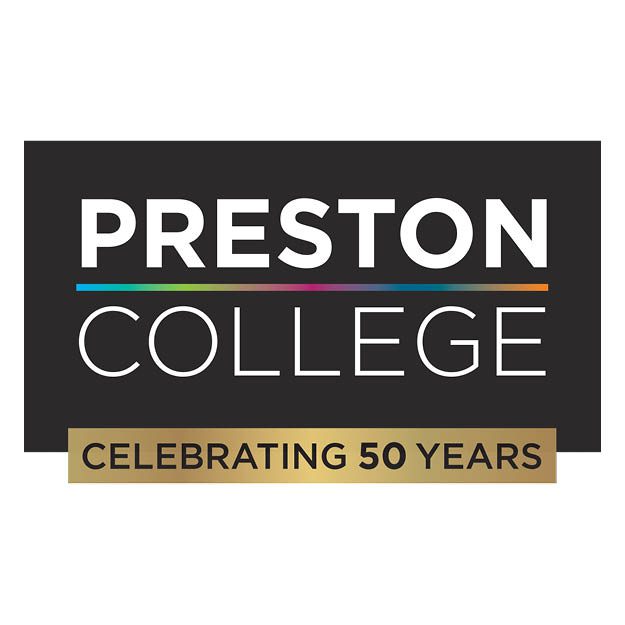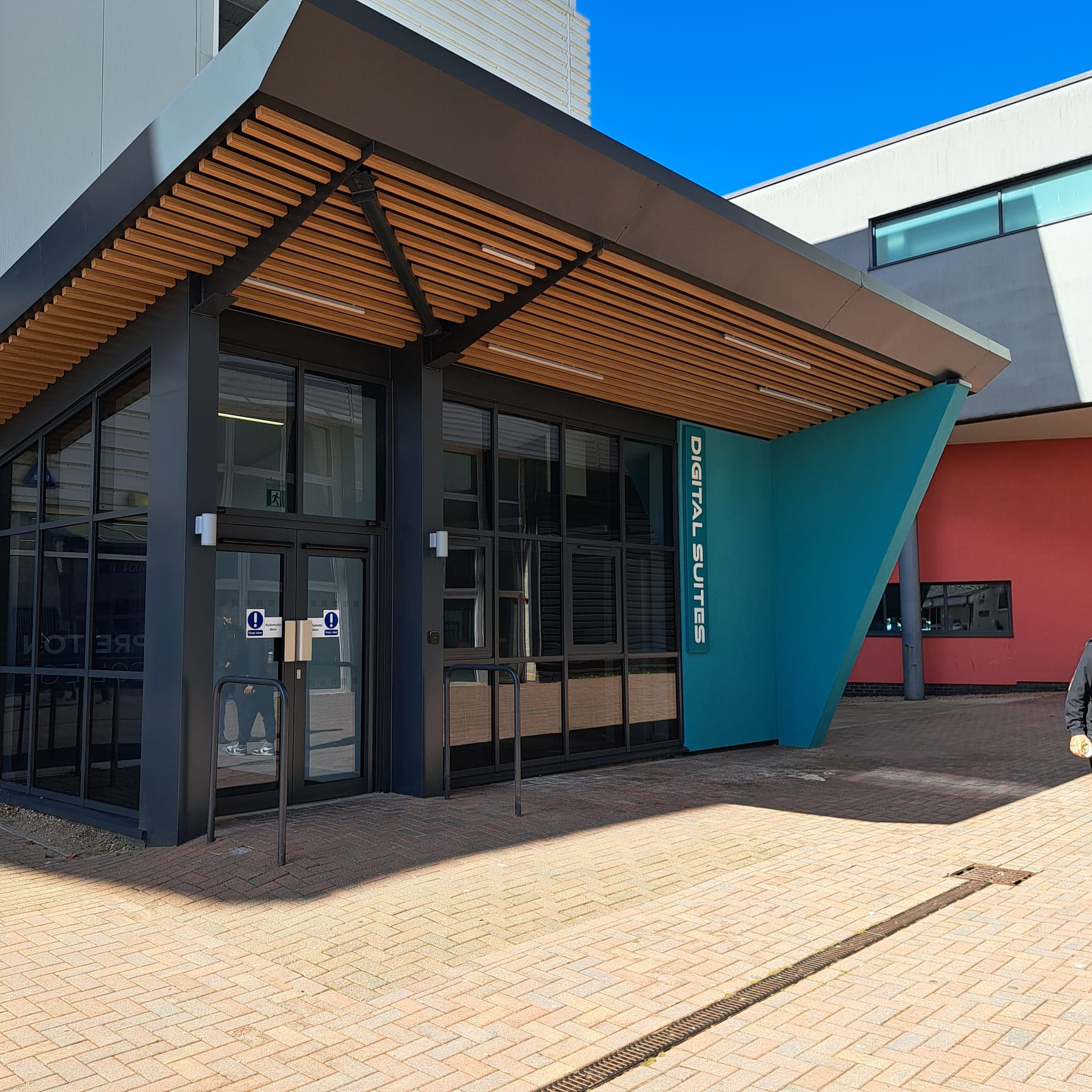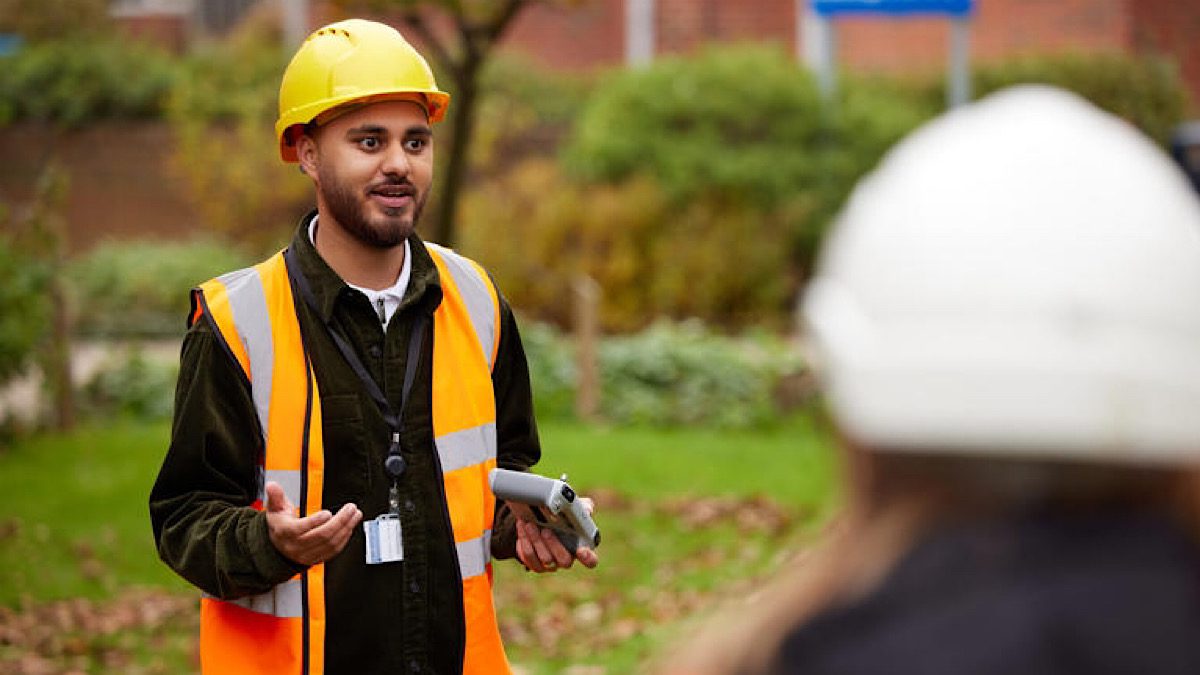Preston College to showcase how innovative EEG technology can be used to support health and wellbeing in the curriculum
Thursday 2nd December 2021 will see Preston College present at the AOC QTLA conference, highlighting the benefits and positive application of low cost electroencephalography (EEG) brain scanning technology in teaching and learning settings.
Working with teaching staff, to measure the extent to which EEG can help improve wellbeing, enhance learning performance and manage stress more effectively, the team will discuss the application of EEG technology to a range of learning settings, in advance of such applications becoming more common place by 2030.
Wanting to see how technology can be used to support both learner and staff health and wellbeing, in the context of the curriculum, the Preston College team have successfully undertaken a trial with Health and Social Care learners, who were able to observe their own brain activity in real time, as they took part in a series of classroom activities which evidenced the movement in brain activity in both fun and stressful situations.
Providing great potential for all learners, particularly those in the engineering and health and social care sectors, for instance in the understanding of digital prosthetics which can be operated by thought control, mind operated drone flights and wearable EEG monitors, project leaders Frank McHale and Stephen Smith said:
“Whilst augmented reality and virtual reality seek to make sense of the world around us, EEG brain scanners help us to understand our inner selves, with this particular project allowing us to really begin exploring how new technologies can be integrated into classroom learning, making a real difference at a low cost.”
Frank and Steve will present their EEG project at the AOC Teaching and Learning Conference on Thursday 2nd December 2021.










